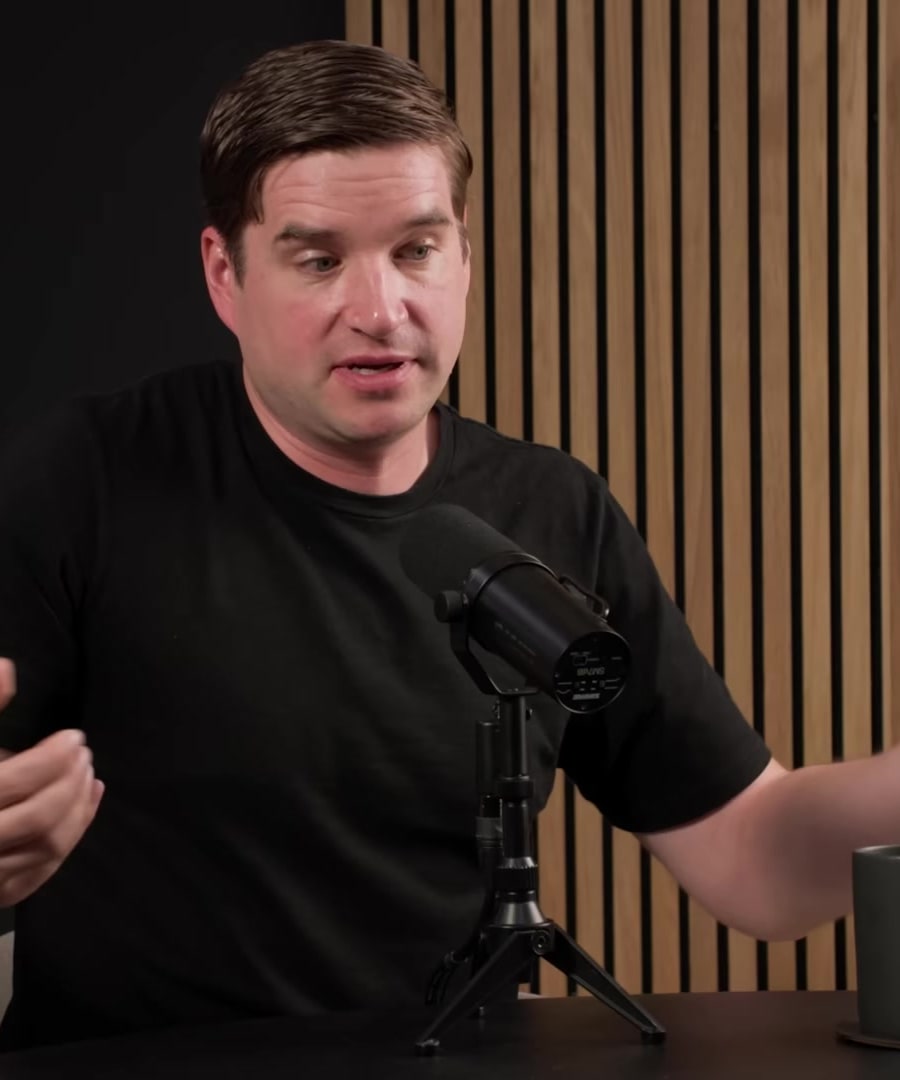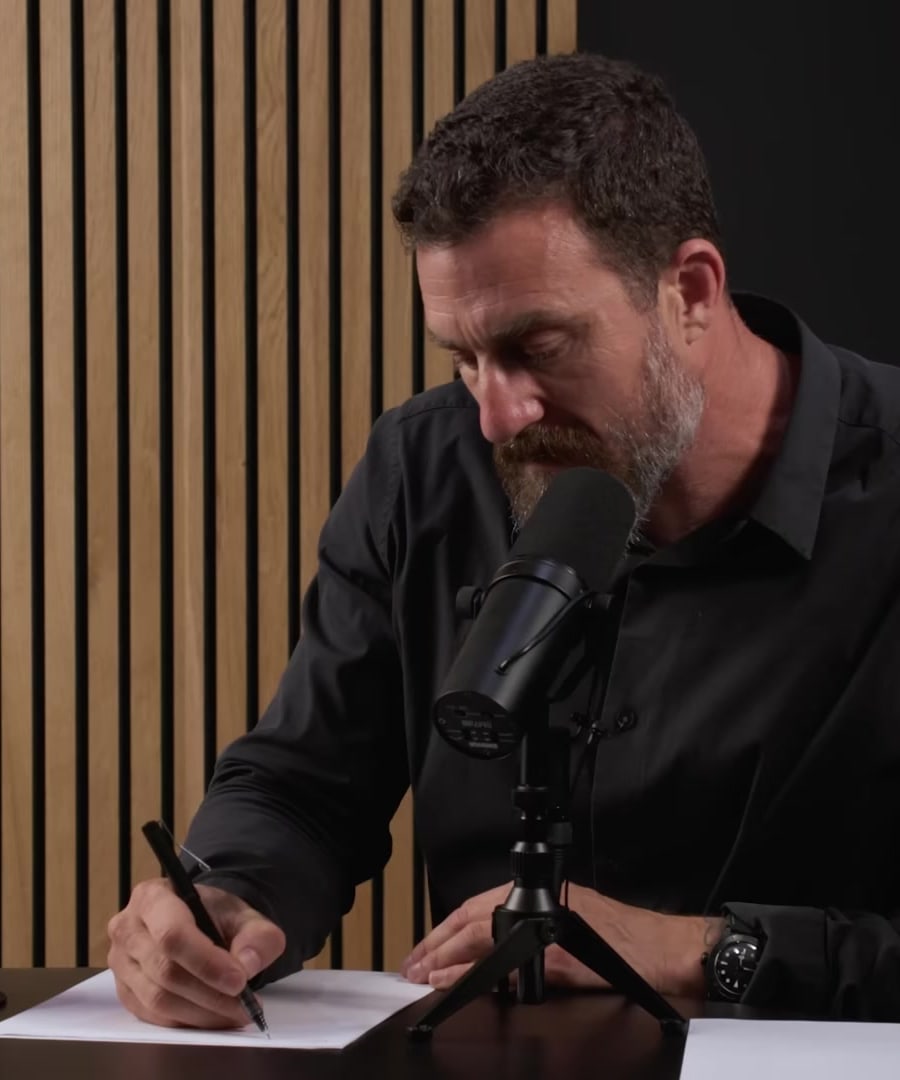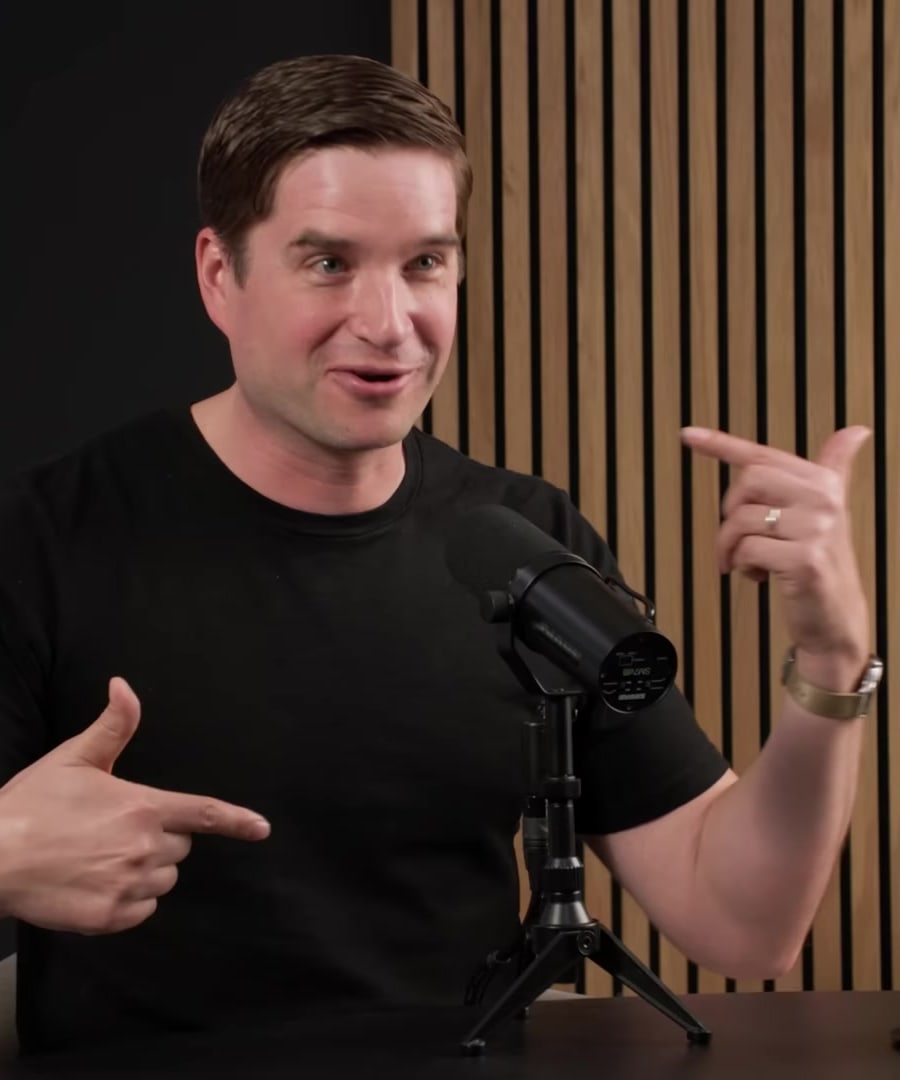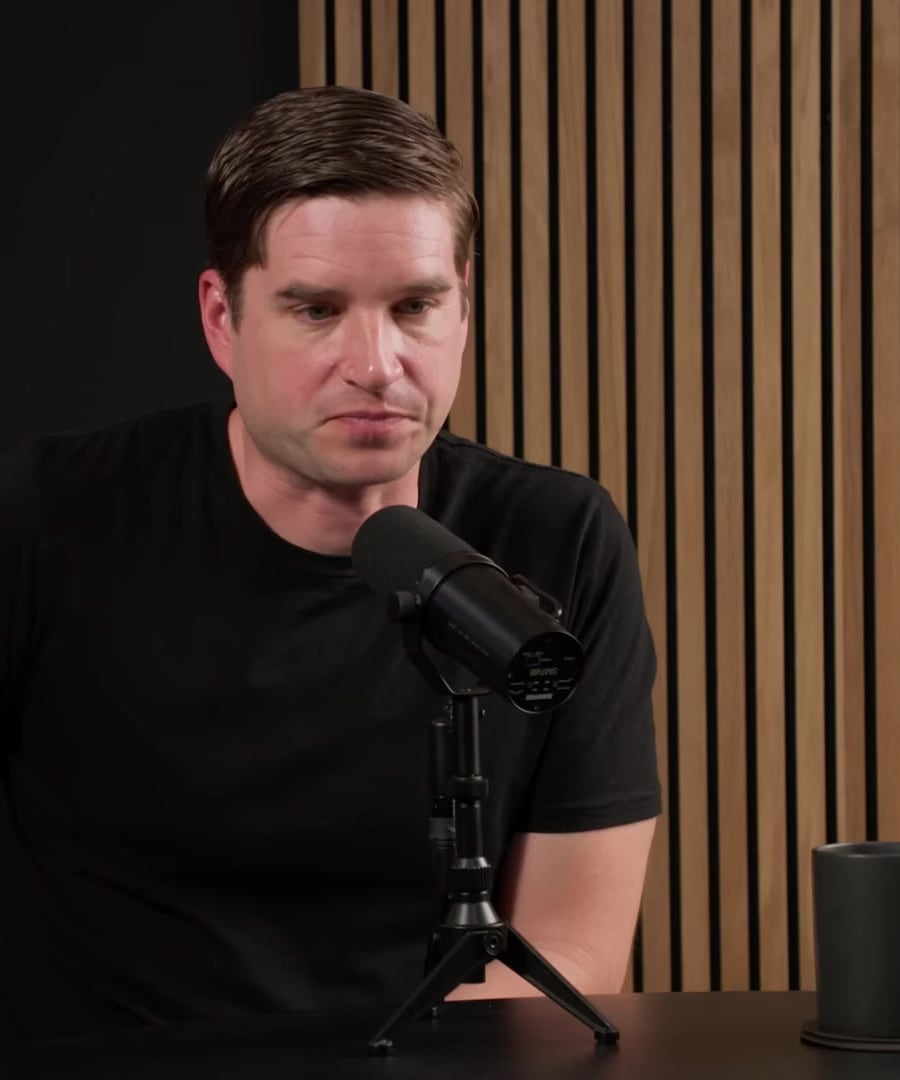Tell me about Cal Newport
Sources:
is an American nonfiction author and associate professor of computer science at Georgetown University. He has made appearances on various podcasts including . Newport is known for his insights on technology, productivity, and intentional living, particularly for his advocacy of 'deep work', a concept he describes in his book with the same title, which emphasizes the importance of focusing without distraction on cognitively demanding tasks.
RELATED QUESTIONSCal highlighted three practices on his recent episode that he recommends everyone integrate, can you summarize those
Sources:
Based on the recent episode with , here are three practices he recommends integrating:
-
Fixed Schedule Productivity: Fix your work schedule and innovate within that structure. This creates constructive constraints, forcing you to find efficient ways to achieve your goals without the option of endlessly extending work hours 1.
-
Multiscale Planning: Plan on daily, weekly, and seasonal or quarterly scales. This helps you stay aligned with your key objectives while adapting to the realities of your day-to-day life. It involves making detailed daily time blocks that reflect your weekly plans, which in turn align with your seasonal/quarterly goals 2.
-
Productive Meditation and Concentrated Group Work: Use walking or other activities to focus intensely on a problem, leveraging working memory more efficiently. Additionally, working with others at a whiteboard can increase concentration by creating a social environment where your focus needs to be high to contribute effectively 3.
These practices are designed to boost productivity, focus, and creativity in both personal and professional contexts.
RELATED QUESTIONS-
you forgot what he said about a shutdown ritual which was the actual third point in the list he provided.
Sources:
I apologize for the earlier oversight. Here's the corrected information including the third point about the shutdown ritual:
-
Fixed Schedule Productivity: Limit your work hours and fit your tasks within those boundaries, forcing efficiency.
-
Multiscale Planning: Work within daily, weekly, and seasonal scales to align daily actions with broader goals.
-
Shutdown Ritual: End your workday with a clear, structured routine to wrap up tasks, plan for the following day, and mentally disengage from work. This involves closing open loops, such as checks on the inbox and calendar, ensuring no tasks are forgotten. A special action or phrase can signify the end of the workday, which aids in reducing evening work-related thoughts and improving work-life balance 1.
Implementing these practices can greatly improve productivity and work-life balance.
RELATED QUESTIONS-
Tell me about Cal Newport
- RELATED QUESTIONS
Cal highlighted three practices on his recent episode that he recommends everyone integrate, can you summarize those
- RELATED QUESTIONS
you forgot what he said about a shutdown ritual which was the actual third point in the list he provided.
- RELATED QUESTIONS



